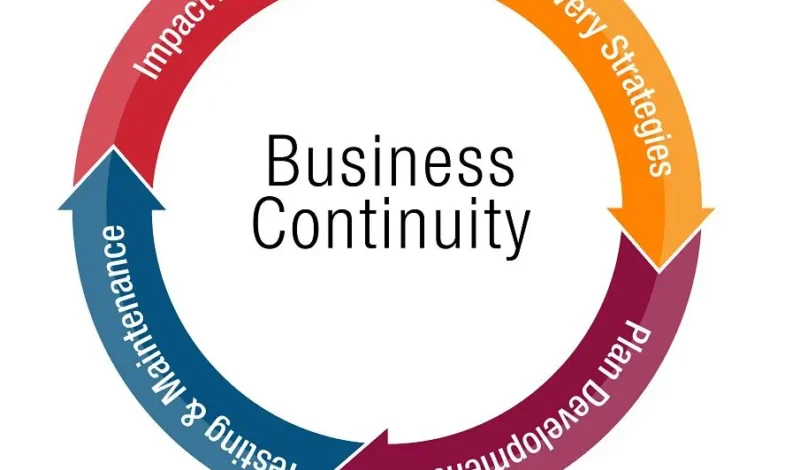Running a business is an endeavor filled with challenges, risks, and uncertainties. Ensuring business continuity and planning for unforeseen events that could disrupt the business’s operations and financial stability is crucial. One essential tool for safeguarding business continuity is a well-crafted buy-sell agreement. In this article, we will explore the significance of a buy-sell agreement and how it can protect the interests of business owners and their stakeholders.
What is a Buy-Sell Agreement?
A buy-sell agreement, also known as a buyout agreement or business continuity agreement, is a legally binding contract that governs the sale or transfer of business interests when specific triggering events occur. These events typically include the death, disability, retirement, divorce, or departure of a business owner or partner. The agreement outlines how the remaining owners can purchase the affected owner’s shares or interest in the company.
Ensuring Smooth Transitions:
- Financial Security: A buy-sell agreement provides a clear roadmap for valuing the business and determining the purchase price of shares or interests. This valuation ensures that the departing owner or their family receives fair compensation, maintaining their financial security while allowing the business to continue operating seamlessly.
- Control and Stability: Without a buy-sell agreement, the departure or death of a business owner can lead to internal disputes or conflicts among the remaining partners or stakeholders. A well-structured agreement helps maintain control and stability within the company by defining who can acquire the shares and under what conditions.
- Protecting Business Interests: A buy-sell agreement can prevent the transfer of business interests to unsuitable or undesired individuals. For example, it can include provisions that restrict the sale or transfer of shares to external parties. This ensures that ownership remains within the existing group or specified individuals who have a vested interest in the business’s success.
- Minimizing Disruption: Triggering events such as death or disability can create significant disruptions in day-to-day operations. A buy-sell agreement addresses these scenarios by outlining contingency plans. This ensures minimal disruption, providing organization and peace of mind to employees, customers, and other stakeholders.
Key Considerations for a Buy-Sell Agreement:
- Professional Assistance: Drafting a buy-sell agreement requires expertise in legal and financial matters. Engaging professionals such as lawyers, accountants, or business valuation experts is crucial.
- Regular Review & Update: A buy-sell agreement should not be a one-time document. Rather, it should be reviewed periodically. This is true especially when significant changes occur. Regular updates help align the agreement with the evolving needs and goals of the business and its stakeholders.
- Funding Mechanisms: Consider how you want to fund the buyout. Various options include cash reserves, insurance policies, installment payments, or external financing. Selecting the appropriate funding mechanism ensures the availability of funds when a triggering event occurs.
In the world of business, unexpected events are an unfortunate reality. A buy-sell agreement acts as a safety net, offering protection and peace of mind to business owners and their stakeholders. By providing a clear framework for the transfer of ownership, it minimizes conflicts, ensures financial security, and preserves business continuity.




